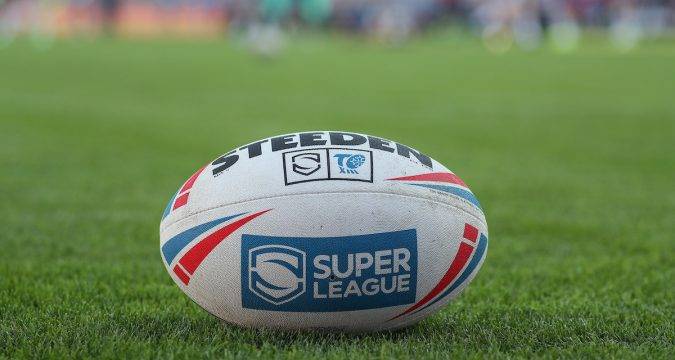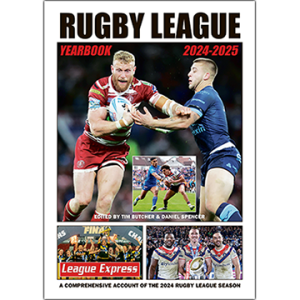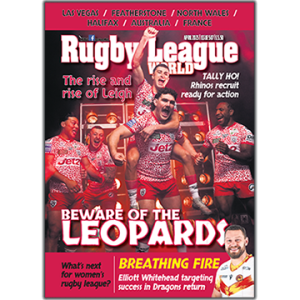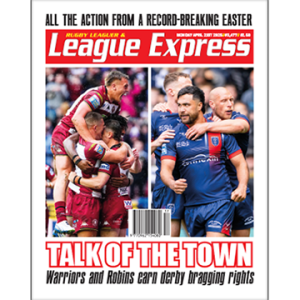 Salary cap madness
LAST week the Super League clubs discussed a paper put forward by the RFL that proposed various changes to the salary cap for 2025.
It was based on changes proposed by a small sub-group of club representatives including Kris Radlinski of Wigan, Paul Lakin of Hull KR and Karl Fitzpatrick of Warrington.
Amazingly, the prop
Salary cap madness
LAST week the Super League clubs discussed a paper put forward by the RFL that proposed various changes to the salary cap for 2025.
It was based on changes proposed by a small sub-group of club representatives including Kris Radlinski of Wigan, Paul Lakin of Hull KR and Karl Fitzpatrick of Warrington.
Amazingly, the prop Controversial changes to Super League salary cap rejected overwhelmingly by 11 votes to one
 Salary cap madness
LAST week the Super League clubs discussed a paper put forward by the RFL that proposed various changes to the salary cap for 2025.
It was based on changes proposed by a small sub-group of club representatives including Kris Radlinski of Wigan, Paul Lakin of Hull KR and Karl Fitzpatrick of Warrington.
Amazingly, the prop
Salary cap madness
LAST week the Super League clubs discussed a paper put forward by the RFL that proposed various changes to the salary cap for 2025.
It was based on changes proposed by a small sub-group of club representatives including Kris Radlinski of Wigan, Paul Lakin of Hull KR and Karl Fitzpatrick of Warrington.
Amazingly, the prop 



